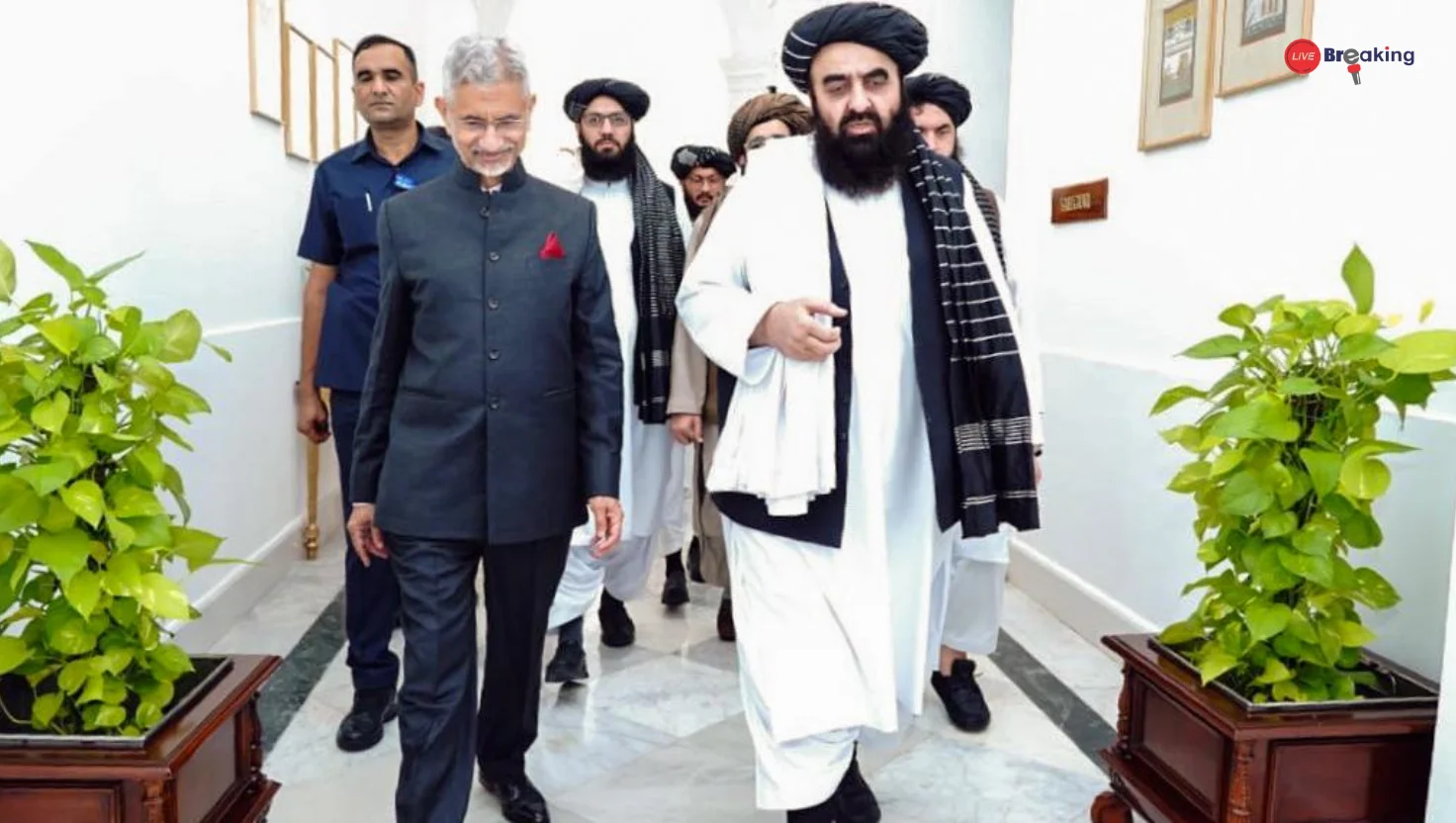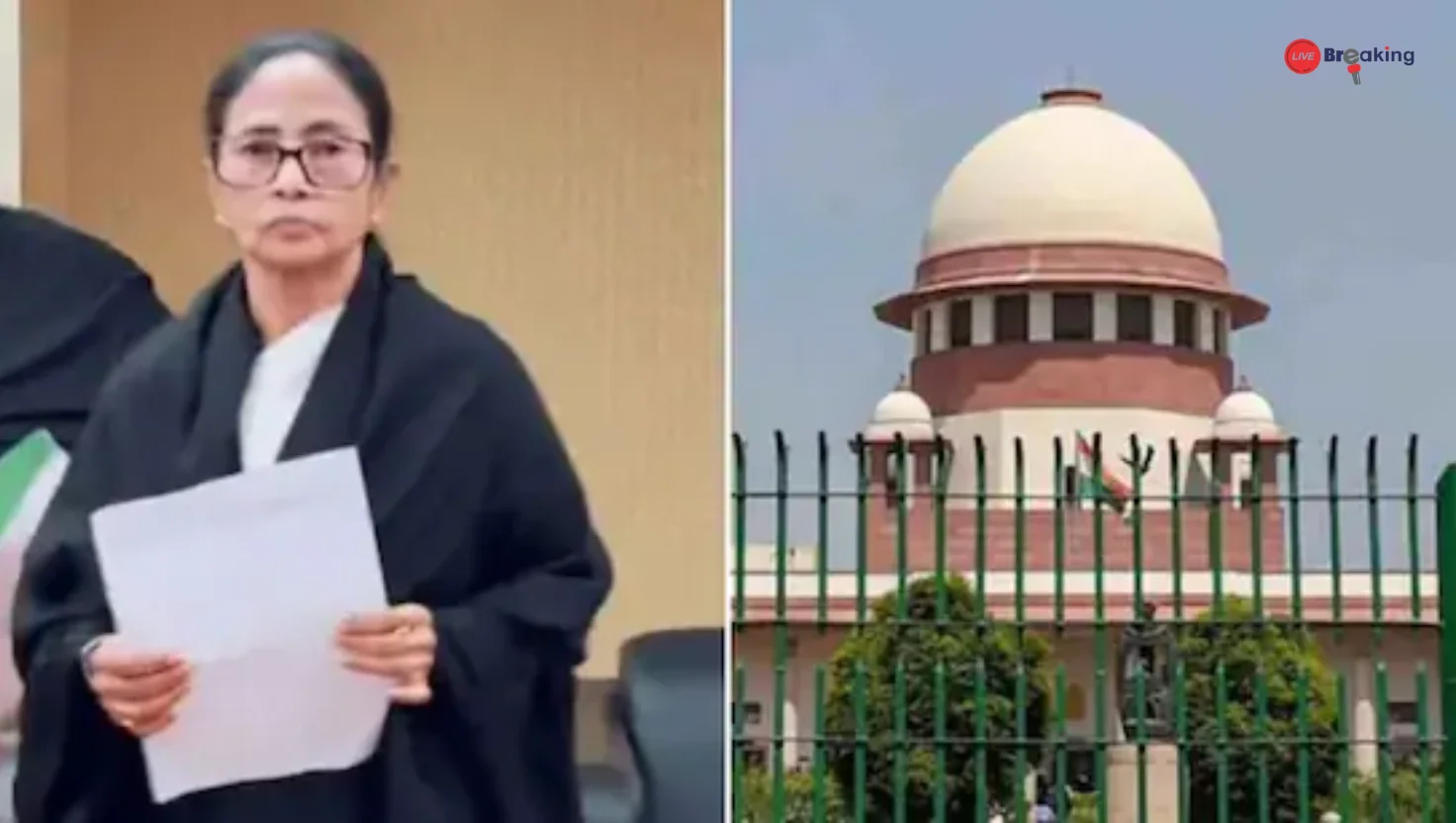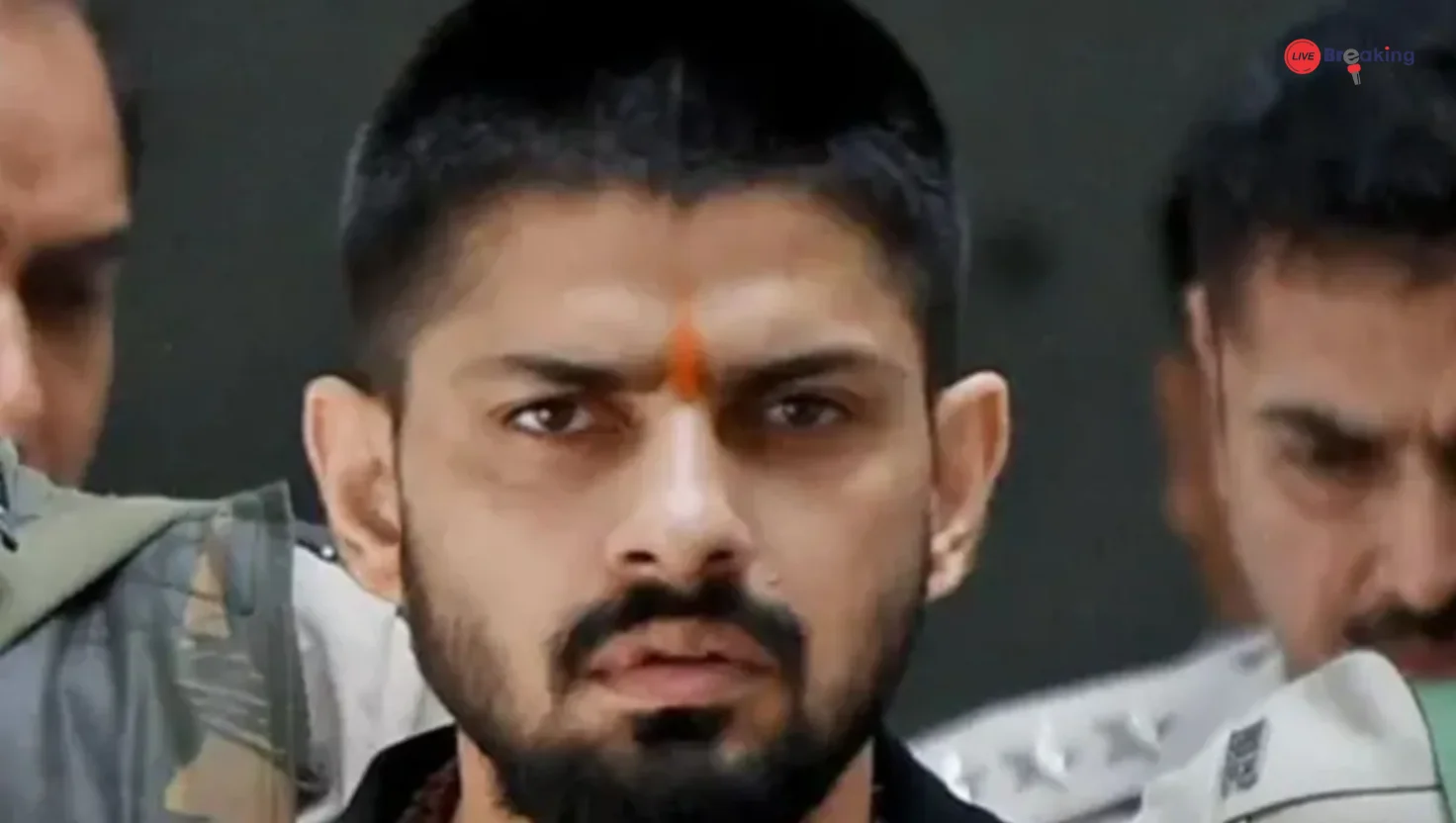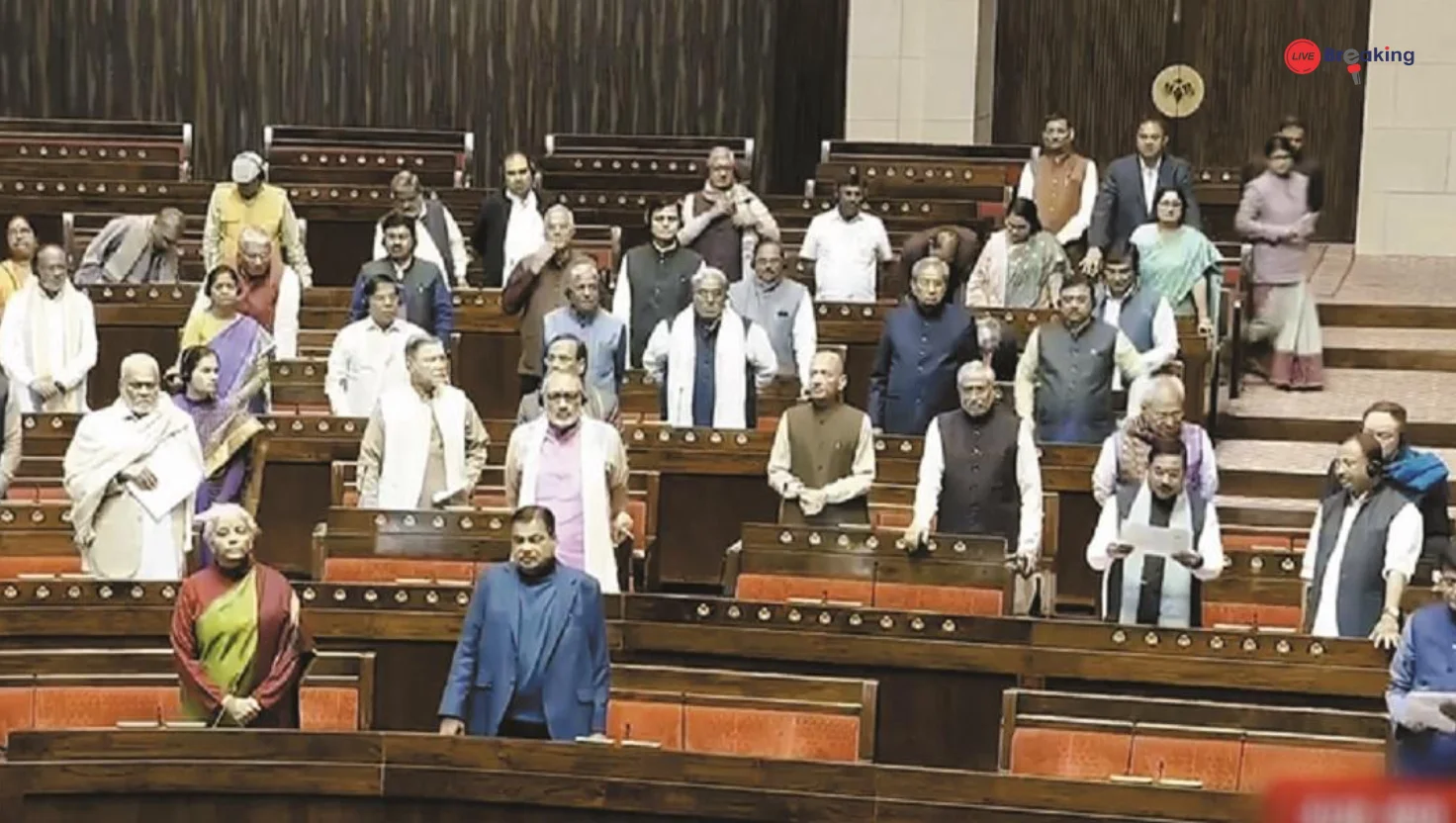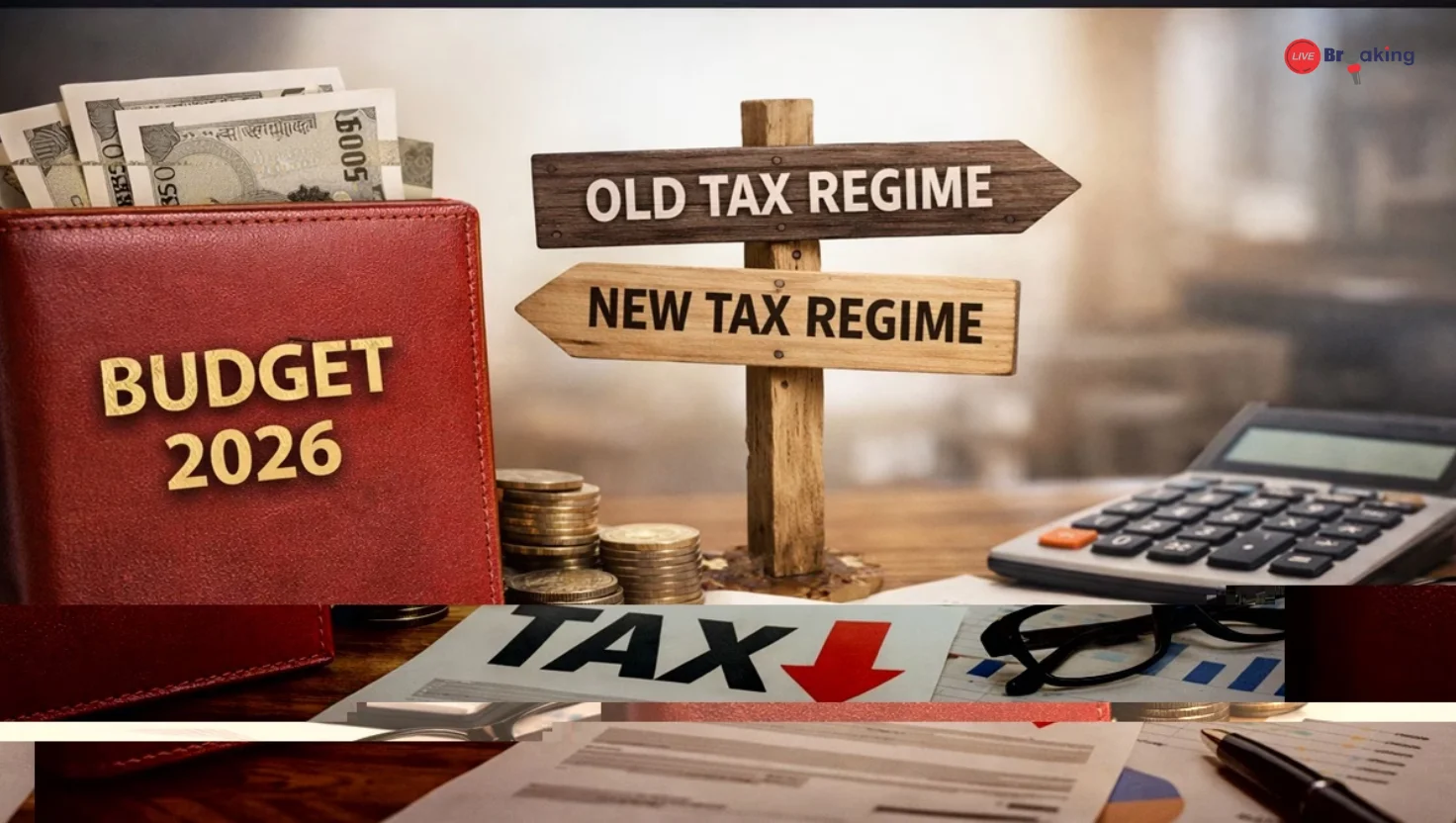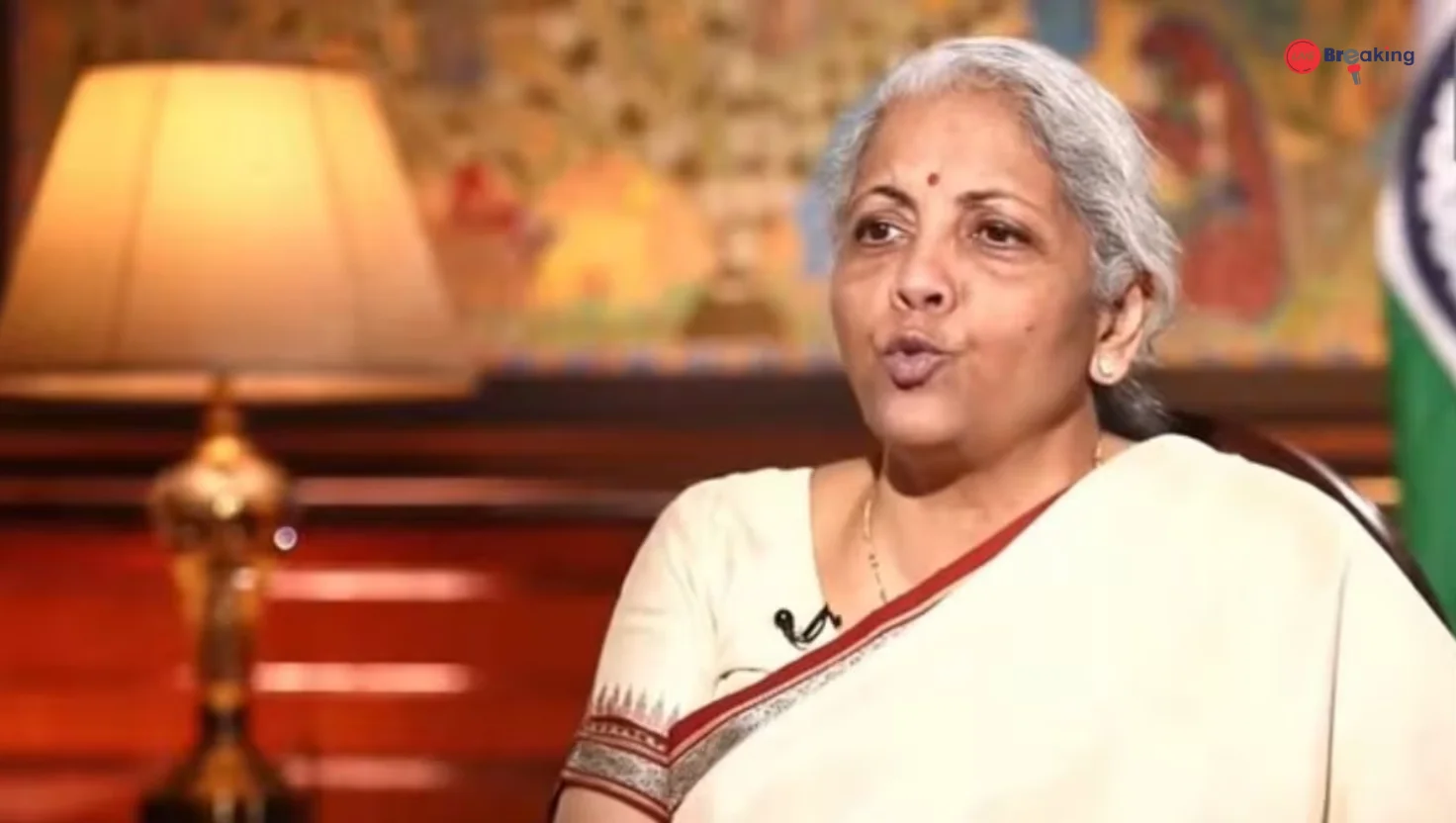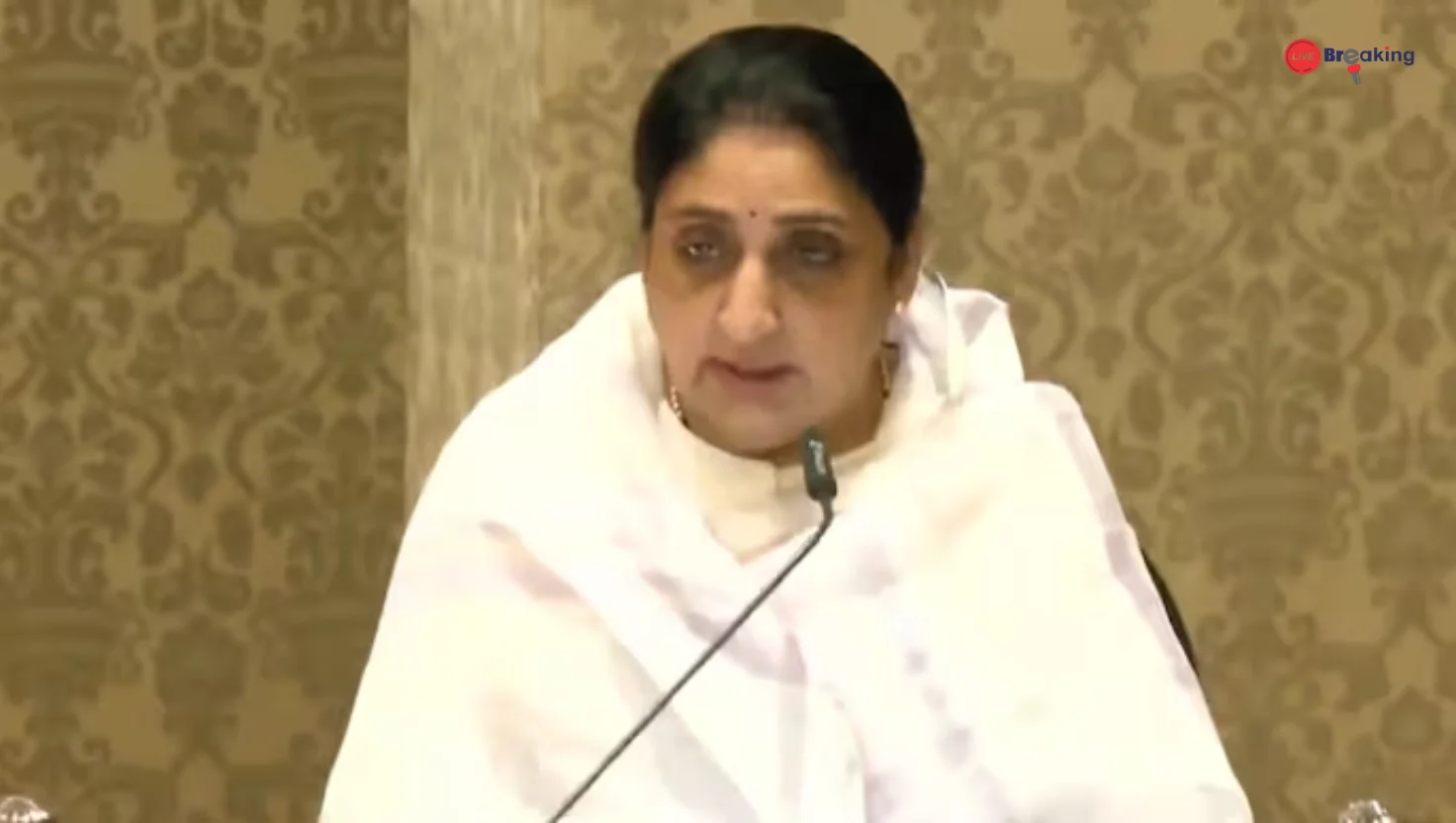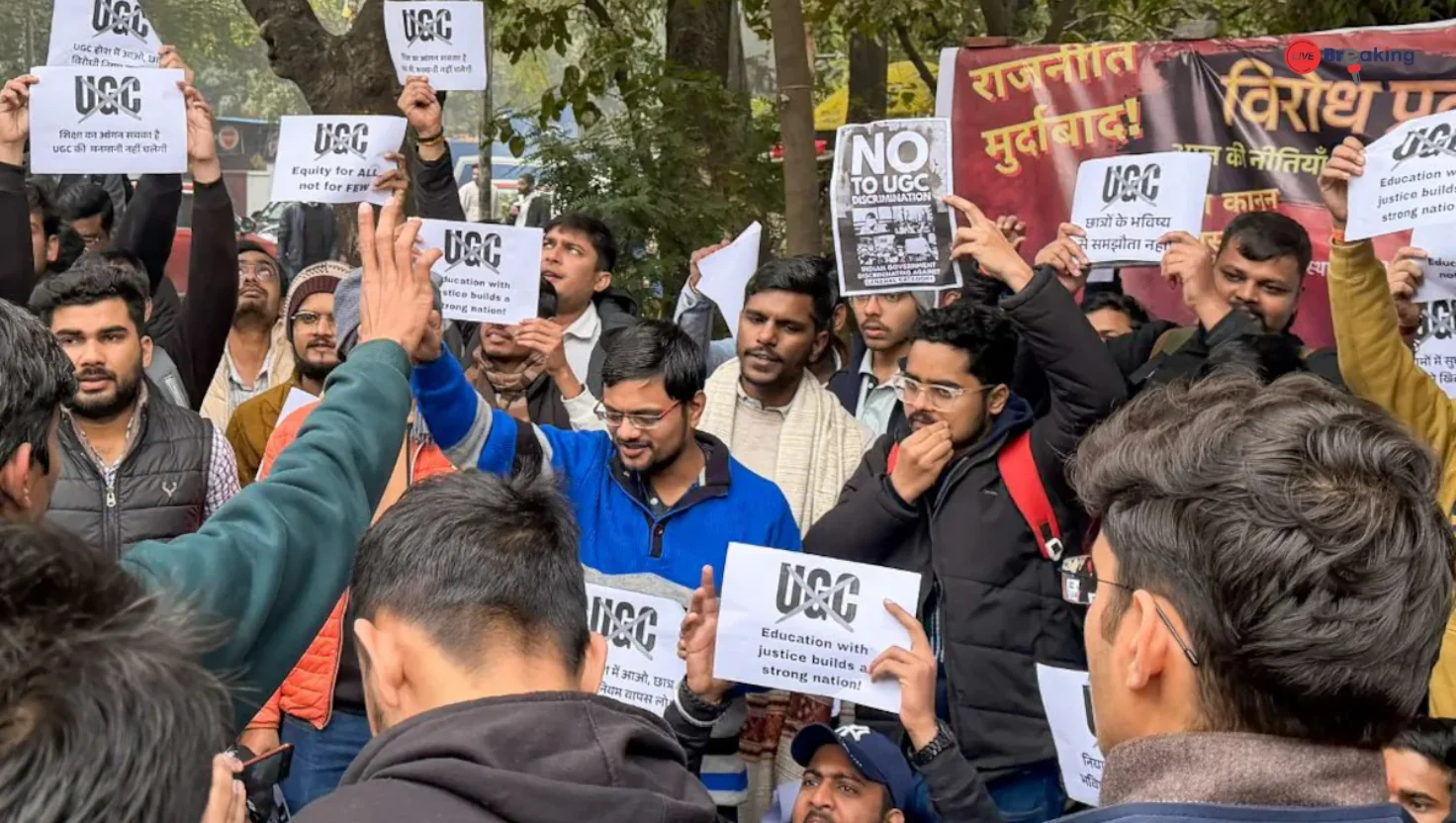‘No Role’: Centre Amid Row Over No Women Journalists At Taliban Press Meet In Delhi
A press interaction involving a Taliban delegation in New Delhi has sparked a major controversy after women journalists were reportedly barred from attending the event. The move drew widespread criticism from media circles and rights advocates, prompting the central government to issue a clarification, asserting it had “no role” in organizing the meeting.
The Controversial Press Meet
The Taliban delegation, which was in New Delhi for informal talks with think tanks and policy groups, held a press briefing earlier this week. However, several women journalists who attempted to cover the event claimed they were denied entry by organizers, allegedly citing the Taliban’s discomfort with female media personnel.
According to attendees, the event was organized by a private group hosting the visiting delegation, not by the Indian government. Yet, given the presence of the Taliban in India’s capital, questions quickly arose over the Centre’s role, its stance on the Taliban’s gender policies, and why such an event was allowed without ensuring inclusivity.
The incident immediately triggered outrage on social media, with journalists and activists condemning what they saw as an endorsement of regressive practices. Many demanded that the government clarify its position, especially since India has consistently advocated for women’s rights in Afghanistan since the Taliban takeover.
Centre’s Clarification: “No Role in the Event”
Amid mounting criticism, official sources from the Ministry of External Affairs (MEA) clarified that the government had “no role whatsoever” in the Taliban press conference or in its organization. They emphasized that the event was not hosted or supported by any arm of the Indian state.
Officials further underlined that India’s stance on Afghanistan remains unchanged — that an inclusive, representative government and respect for women’s rights are essential for lasting peace and stability in the region. The clarification sought to distance the government from the controversy while reaffirming India’s diplomatic position.
Media Fraternity Voices Outrage
The incident has stirred deep concern among journalists across the country. Women reporters expressed disappointment and anger over being excluded on the basis of gender, calling it a “blatant insult” to India’s democratic and press freedom values.
Read more: Trump Targets China Again: The Real Reason for His 100% Tariff Push
Prominent voices in the media community stated that allowing any event in India to follow discriminatory practices — regardless of the organizers — undermines the country’s constitutional commitment to equality. Many demanded that the government ensure no future press meet or diplomatic interaction violates such fundamental principles.
A Question of Symbolism and Optics
Even though the Centre has denied involvement, the optics of the Taliban addressing a press gathering in New Delhi without the presence of women journalists have raised sensitive questions. Critics argue that it projects an image inconsistent with India’s long-standing advocacy for women’s education and rights in Afghanistan.
India has maintained limited engagement with the Taliban regime, focusing primarily on humanitarian aid and regional stability. However, the recent incident has added a layer of complexity to this engagement, with concerns that India’s neutral stance could be misinterpreted as passive acceptance of the Taliban’s restrictive gender ideology.
The Broader Context: Women Under Taliban Rule
The controversy resonates strongly because of the Taliban’s record on women’s rights in Afghanistan. Since returning to power in 2021, the regime has imposed strict bans on girls’ education beyond the sixth grade, restricted women’s employment, and curtailed their public participation.
Internationally, these policies have been widely condemned. India, too, has repeatedly emphasized the importance of women’s empowerment in Afghanistan during multilateral meetings and United Nations discussions. The exclusion of women journalists from a Taliban-related event in India, therefore, stands in stark contradiction to those values — even if inadvertently.
Political and Diplomatic Ripples
Opposition parties have also seized upon the controversy to question the government’s transparency regarding interactions with the Taliban. Some leaders have demanded a detailed explanation of the purpose of the Taliban’s visit and the nature of the meetings held in Delhi.
Read more: “Lalu Dhritarashtra In Son’s Love”: Bihar Deputy CM Mahabharata Analogy Targets Lalu
Diplomatically, experts say the episode reflects the delicate balance India is trying to maintain — engaging with the de facto Afghan rulers without legitimizing their policies. The government’s prompt clarification appears to be an attempt to manage both domestic outrage and international perception.
Moving Forward
The incident serves as a reminder that even unofficial diplomatic engagements carry symbolic weight. While the government has distanced itself, the event underscores the need for stricter guidelines for interactions involving foreign groups, especially those with known histories of gender discrimination.
For India, a country that prides itself on press freedom and gender equality, the controversy highlights the importance of ensuring those values are upheld in every space — diplomatic or otherwise.
In the end, the Centre’s “no role” clarification may settle procedural questions, but the moral debate continues. The exclusion of women journalists from the Taliban press meet has reignited discussions about gender equality, free speech, and the kind of message India wishes to send to the world about its democratic values.

